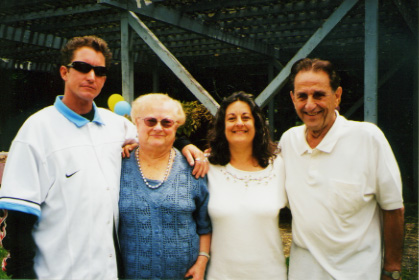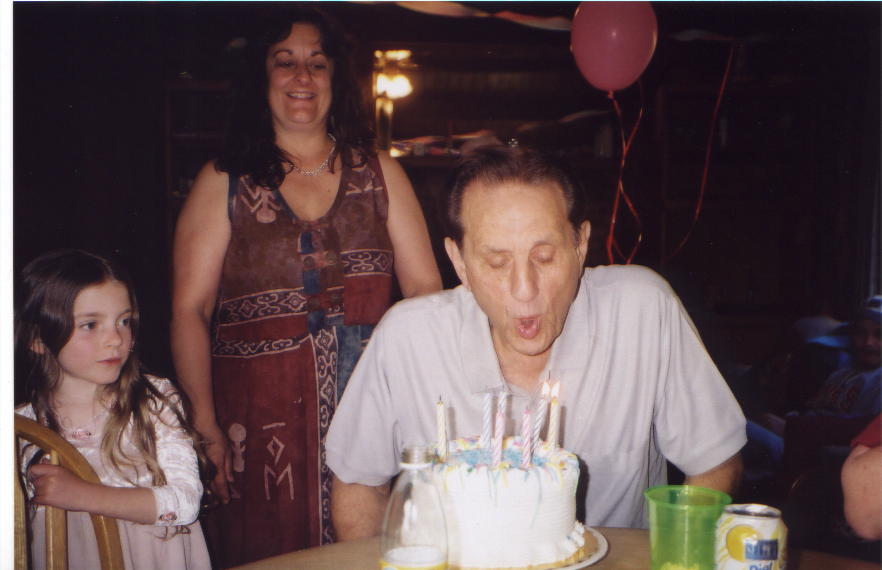
| Home |
| Life Story |
| Peace Movement |
| U. S. Supreme Court |
| Eviction |
| Book |
| Pictures |
| Tamalpais Health Ctr |
His occupation was in home improvement services, selling
mostly carpets and draperies to residences, in family businesses with
his brother Chuck, over the years. But his passion was in political action.
He jumped into the arena of radical politics going on in San Francisco
soon after he arrived, and stayed involved for many years to come. Paul
left a great legacy of action making a difference in the world
in this way. His work in the Vietnam War Peace Movement, and in a landmark
U.S. Supreme Court case on housing discrimination are part of that memorable
legacy.
Above all, Paul loved family and believed in living his life in his own
way. As a father to Anita and Milan, his devotion, unconditional love
and generosity was unwavering. He was the perfect Grandpa Paul. On his
many Thursday nights spent with granddaughter Tiffany, he would laugh
like Santa Claus, tell stories, and really play. He loved to play. His
granddaughter Mykelle was a joy in his life, driving to Sacramento every
weekend to see her, being with her made him feel like a kid again. With
his grandson Michael he had the bubbly, alive boy energy that he so loved
so much, and reminded him of his son Milan, as a young boy.
Paul was a leader, a giver, a truly compassionate, loving man. He was a great man, and will be missed. But his presence lives on in the love of his family, and the good works of his life.
